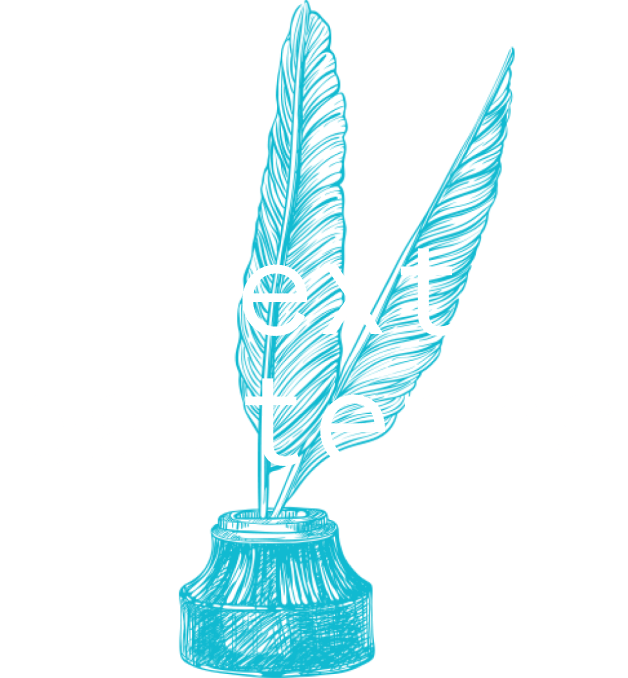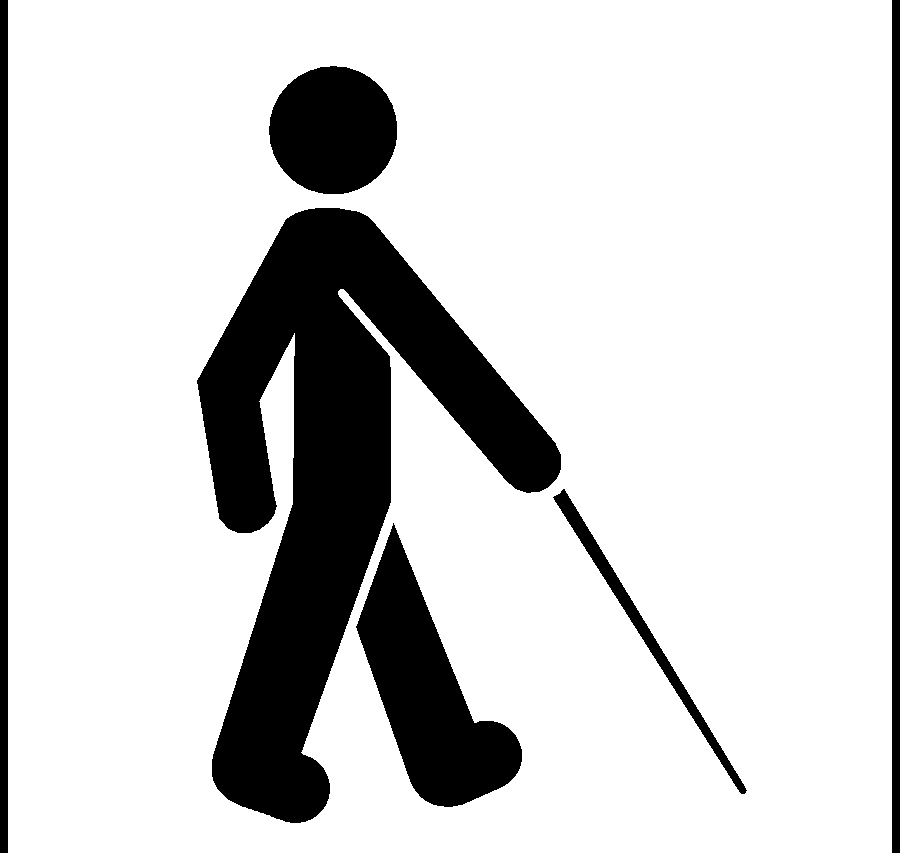July 20, 2015
brief book reviews: The Internet of Garbage
Sarah Jeong’s short book The Internet of Garbage is very well done, and rather sobering, and I recommend it to you. The argument of the book goes something like this: 1) Human societies produce garbage. 2) Properly-functioning human societies develop ways of disposing of garbage, lest it choke out, or make inaccessible, all the things...


